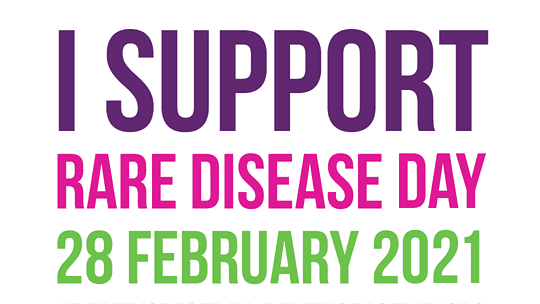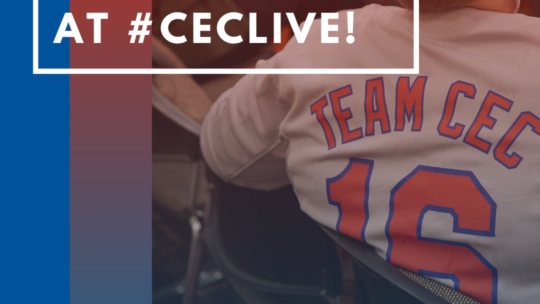Maternal Autoimmunity and Inflammation are Associated with Childhood Tics and Obsessive-Compulsive Disorder: Transcriptomic Data show Common Enriched Innate Immune Pathways
Hannah F. Jones, Velda X. Han, Shrujna Patel, Brian S. Gloss, Nicolette Soler, Alvin Ho, Suvasini Sharma, Kavitha Kothur, Margherita Nosadini, Louise Wienholt, Chris Hardwick, Elizabeth H. Barnes, Jacqueline R. Lim, Sarah Alshammery, Timothy C. Nielsen, Melanie Wong, Markus J. Hofer, Natasha Nassar, Wendy Gold, Fabienne Brilot, Shekeeb S. Mohammad, Russell C. Dale,
Maternal Autoimmunity and Inflammation are Associated with Childhood Tics and Obsessive-Compulsive Disorder: Transcriptomic Data show Common Enriched Innate Immune Pathways,
Brain, Behavior, and Immunity, 2021,ISSN 0889-1591 DOI: 10.1016/j.bbi.2020.12.035.
Highlights
- Autoimmune disease is more frequent in mothers of children with tics/OCD.
- Maternal inflammatory states are generally associated with childhood tics/OCD.
- Maternal blood and Tourette brain transcriptomes show common innate immune pathways.
- Inflammation may be an important environmental modifier in tic/OCD expression.
- Targeting inflammation may mitigate risk and improve treatment of tics/OCD.
“Our findings demonstrate that maternal pro-inflammatory states, including autoimmune disease, are associated with tics/OCD in children, and support a possible role for maternal inflammation, in addition to immunogenetic and ‘neurogenic’ mechanisms in the aetiology of tic disorders and OCD. (Mataix-Cols et al., 2018) The breadth of immune conditions, including the heterogeneity of autoimmune diseases, and overlapping pathways in transcriptomic analysis of maternal blood and Tourette brain samples indicate that the innate immune response may be an important factor in disease expression. Inflammation is likely to be a more modifiable risk factor than susceptibility genes, and prospective studies which comprehensively assess pro-inflammatory states in mothers during pregnancy paired with detailed immunophenotyping, genomic and epigenomic testing, and careful evaluation of postnatal pro-inflammatory exposures in children, are needed to fully assess the role of inflammation as an environmental risk factor for neurodevelopmental disorders. Further understanding of the role of the immune system in neurodevelopment could unveil opportunities to mitigate risk to children by reducing exposure to inflammation and open new avenues for treatment.”
Read Study





